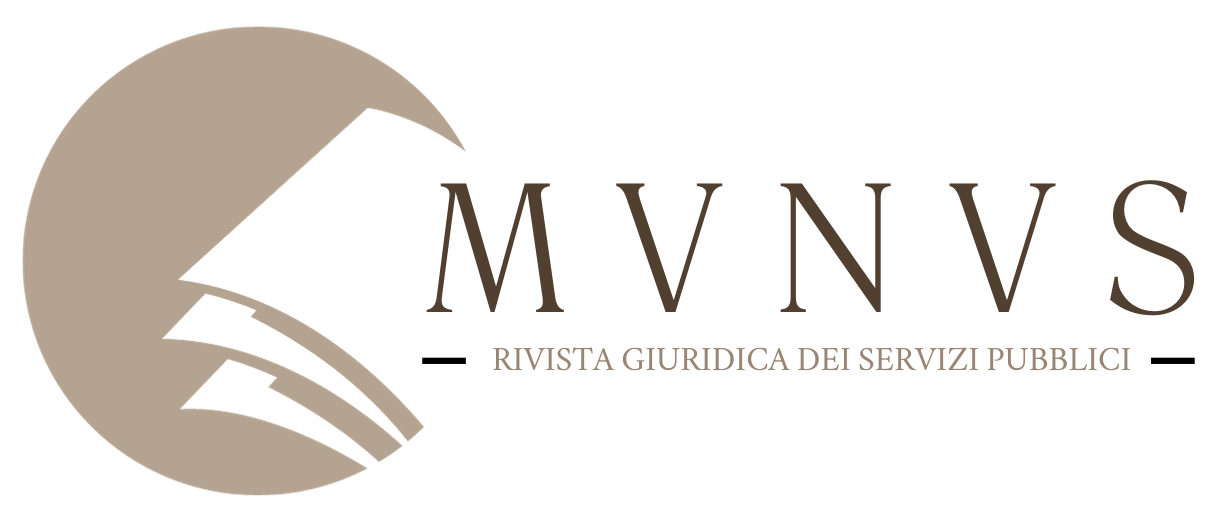Sommario:
1. Premessa.
2. Cenni sul metodo tariffario del servizio idrico integrato.
3. Effetti del referendum abrogativo sulla tariffa fissata con il metodo normalizzato.
4. Considerazioni conclusive.
4.1. Remunerazione del capitale e costo della risorsa finanziaria.
4.2. Effetto abrogativo limitato alla sola «adeguatezza» della remunerazione.
4.3. Sul concetto di «rilevanza economica».
4.4. Rischio d’impresa e rendita monopolistica.
Abstract:
The referendum on water services held in 2011 – that repealed the regulations
concerning the adequacy of the return on invested capital in water service – may have
been done in vain. Despite the vote in favour of repeal expressed by twenty-six millions
of Italians, the primary objective set forth by the committee for the referendum has not
been achieved.
According to the Italian Constitutional Court, such objective was to «make the
governance and management of water alien to a profit-driven logic». The temporary
method for determining the tariffs of the integrated water service, which is currently
entrusted to the Regulatory Authority for Electricity and Gas (Autorità garante per
l’energia elettrica e il gas), provides that in accordance with the principle of full cost
recovery, the costs to be charged in the water bill shall include also the financial costs
borne by the service operators.
